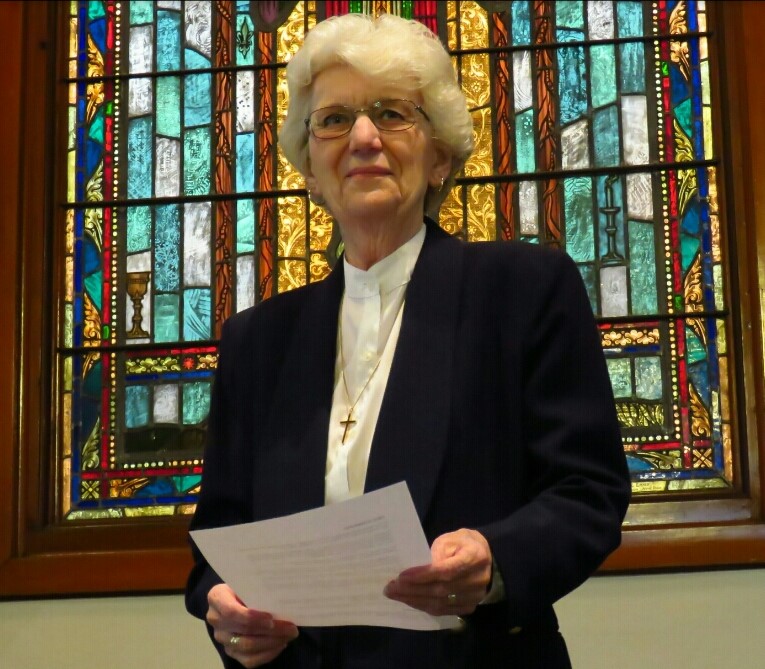Pastor’s Pen
Rev. Dr. Janet Schwengber
ELIJAH
Elijah, a prophet who operated in the northern kingdom of Israel in the ninth century BCE, is one of the most mysterious figures of scripture. He was among the few survivors of a general persecution of prophets initiated by King Ahab and his wife Jezebel after they had introduced worship of the Canaanite god Baal. Dressing in rough camel hair and fed by ravens, Elijah survived in the desert. Eventually God compelled him to confront the king with a test of power over Baal by bringing fire to the sacrifice that was soaked in water. Elijah then became a bitter enemy of the king and his court. Elijah had to run for his life. But God protected him. At one point, in which Elijah thought his life was over, he lamented his life to God and God passed before him on a mountain. In a memorable passage in scripture we read where God did not appear to Elijah in an earthquake, a strong wind, or a fire, but in a “still small voice”. When it was time for Elijah to die, he gave his cloak to his disciple Elisha, and was carried into heaven by a chariot of fire.
The prophet Malachi wrote later that Elijah would appear again before the Messiah, and to this day in the Jewish observance of Passover, a place at the table is set for Elijah. It is believed that when Jesus offered the wine to his disciples that he reached for the cup of Elijah. The Gospels also suggest that the role of Elijah was fulfilled by John the Baptist. We also read that at the Transfiguration Jesus conversed with Elijah and Moses, some suggest it was to describe the journey to Christ’s death and resurrection.
Elijah was never concerned with material wealth instead he was a man of deep courage and faith to lead others to the Messiah.
First Congregational Church
United Church of Christ, Walton

Join us for worship Sundays at 10 am
(607) 865-4066
4 Mead St. Walton, NY 13856
info@uccwalton.com
